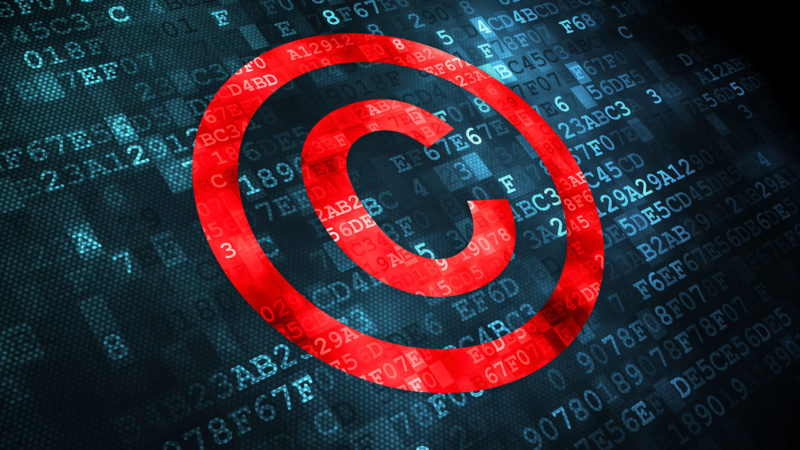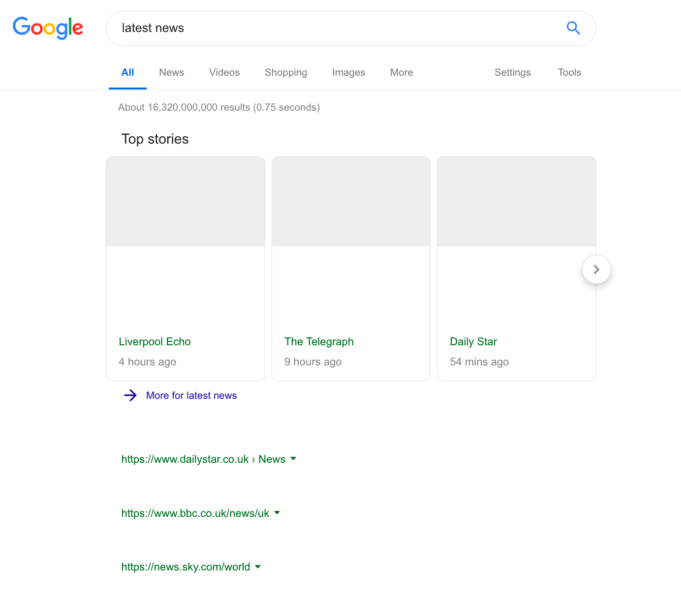
The final language of the EU Copyright Directive will reportedly be released next week. The directive seeks to “harmonize” copyright law across Europe. However there are two provisions (Articles 11 & 13) that are highly problematic and have caused free-speech advocates and many online publishers grave concern:
- Article 11 would require Google, Bing and other news aggregators to pay non-waivable licensing fees when short snippets of content are presented on their sites
- Article 13 would require platforms like Google, YouTube, Facebook, Twitter and others to monitor and proactively screen content uploads for potential copyright infringement or face liability.
Seeking a better deal for content creators. Proponents of the law argue that the directive will help create a fairer and more sustainable marketplace for content and news creators. They say they’re trying to strengthen the bargaining power of traditional publishers in their dealings with large internet companies, which they contend have built businesses “on the backs” of third party content and news publishers.
Critics assert that the law is vague and misguided. They also say it would replicate previously unsuccessful copyright reforms tried in Spain and Germany. In addition, the new law would dramatically increase censorship in the name of enforcing copyright protections, they argue.
Big publishers vs. small publishers. Many of Europe’s biggest publishers and entertainment companies lobbied for and strongly support the new rules. However, many smaller publishers oppose them. Those smaller publishers are seeking changes in the final language to enable themselves to voluntarily waive the licensing requirements. They also want all linking to be excluded from the scope of the directive.
Google News VP Richard Gingras in a December blog post argued that “Article 11 . . . will have unintended consequences for smaller news publishers, limit innovation in journalism and reduce choice for European consumers.” Google says it supports the principle of copyright modernization just not the specific language of the disputed provisions.
Denuded SERPs. In anticipation of the release of the directive’s final language, Google is conducting an experiment, we were told in email, “to understand what the impact of the proposed EU Copyright Directive would be to our users and publisher partners.” We were given access to the test to see what these pages would look like.
The screenshots below show links but no copy or images, incomplete story titles and site titles without context. In fact they look like pages that have failed to completely load.

Picking winners and losers. In his blog post, Gingras says that under the Article 11 content-licensing regime, Google would have to “make decisions about which content to include on the basis of those licensing agreements and which to leave out. Effectively, companies like Google will be put in the position of picking winners and losers.”
One question is whether Google would seek to avoid paying those fees with pages like the above that don’t offer snippets or more than links. This is analogous to what happened in Spain when restrictive copyright rules caused Google to completely shutter its news site in that country. Spanish publishers sought unsuccessfully to enlist the government to compel Google to maintain its Spanish news site.
Many of the large publisher proponents of the copyright directive and Article 11 probably don’t expect a “naked page” scenario. They operate under the assumption of a status quo SERP and that Google, Bing and others will simply pay them to show content. But just as Spanish news publishers saw their traffic decline and German publishers eventually asked Google to restore snippets, the requirements of Article 11 could equally turn into a “be careful what you wish for” scenario. Reduced traffic to news sites would mean reduced ad revenue and, potentially, a loss of new subscribers.
Finding a way to support journalism. Quality journalism is critical for a functioning democracy. No one disputes that and both Google and Facebook have stepped up their support of news publishers and journalism. The challenge is how to deliver high-quality content after the disruption of traditional media business models. Government intervention in the form compulsory copyright licensing fees is probably not the answer.
In fact, there is no easy answer. But there is probably a better one than the set of rules about to be codified into law.

